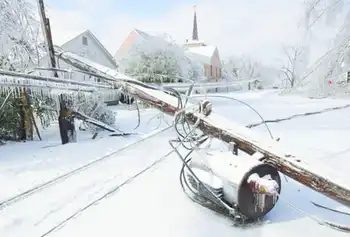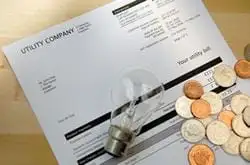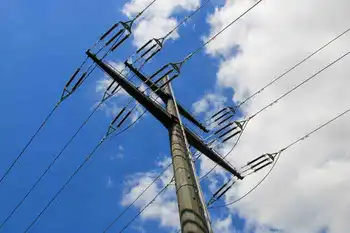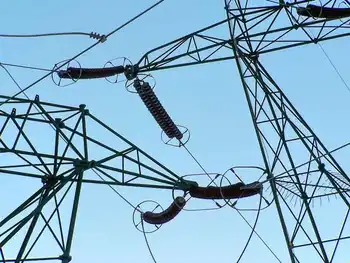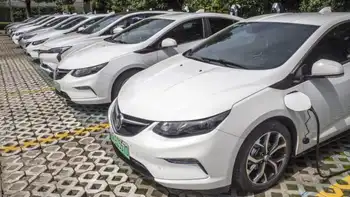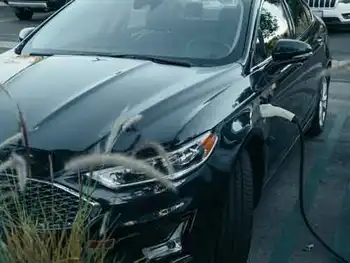Sanyo secures hybrid battery deals
By Reuters
Substation Relay Protection Training
Our customized live online or in‑person group training can be delivered to your staff at your location.

- Live Online
- 12 hours Instructor-led
- Group Training Available
Sanyo plans to start two auto-use lithium-ion battery plants in Japan by July 2010 but — apart from a previously announced tie-up with Germany's Volkswagen — has disclosed little about its customers, raising investor concern about its position in the fast-growing market.
During the devastating global slump in demand for cars, fuel-sipping hybrid cars have become a bright spot for the industry with Honda Motor Co Ltd and Toyota Motor Corp seeing robust demand for their latest models.
"I cannot name names, but we are working with multiple companies that represent big enough demand to fill the production lines at the new plants," Sanyo Executive Vice President Mitsuru Homma told Reuters in an interview.
Sanyo provides nickel-metal hydride batteries to Honda, but Japan's second-largest automaker allies with GS Yuasa Corp on lithium-ion battery production.
A lithium-ion battery can pack more electricity than a nickel-metal hydride counterpart, enabling a hybrid car to run longer on a single charge.
Besides GS Yuasa, Sanyo's rivals in auto-use rechargeable batteries include NEC Corp, Toshiba Corp, Hitachi Ltd, China's BYD Co and South Korea's LG Chem Ltd.
Homma said Sanyo aims to take a 25 percent share in the global market for auto-use rechargeable batteries by 2015, and bring that to 40 percent by 2020, when hybrid and electric vehicle demand is expected to reach up to 8.4 million units.
Sanyo does not give its current market share as the global market for hybrid and electric vehicles is still at its nascent stage.
Homma said Sanyo's rechargeable battery sales in the current financial year to March 2010 may exceed its original estimates, helped by recovering demand from PC, mobile phone and digital camera makers and brisk sales of hybrid cars.
"In the IT (information technology) field, output adjustment seems to have run its course and inventory appears to have returned to normal levels. Battery demand has been recovering sharply since late March," Homma said.
"As for auto-use batteries, demand has simply been heading straight up."
Sanyo announced in May that its rechargeable battery sales were likely to fall 5 percent from a year earlier to 325.1 billion yen (US $3.4 billion).
Homma said solar cell sales at Sanyo may also beat its original target with demand in Japan driven by the resumption earlier this year of government subsidies for solar equipment.
Sanyo, the world's 12th-largest solar cell maker, trailing such larger rivals as Germany's Q-Cells and Japan's Sharp Corp, last month said its solar cell sales were likely to grow 16 percent to 94.1 billion yen this business year.
Ahead of Homma's comments, shares in Sanyo closed down 4.7 percent at 244 yen, underperforming the Nikkei average, which lost 2.9 percent.
Sanyo is in the process of being acquired by larger consumer electronics maker Panasonic Corp, which is now in talks with anti-trust regulators to win approval for the planned deal.





